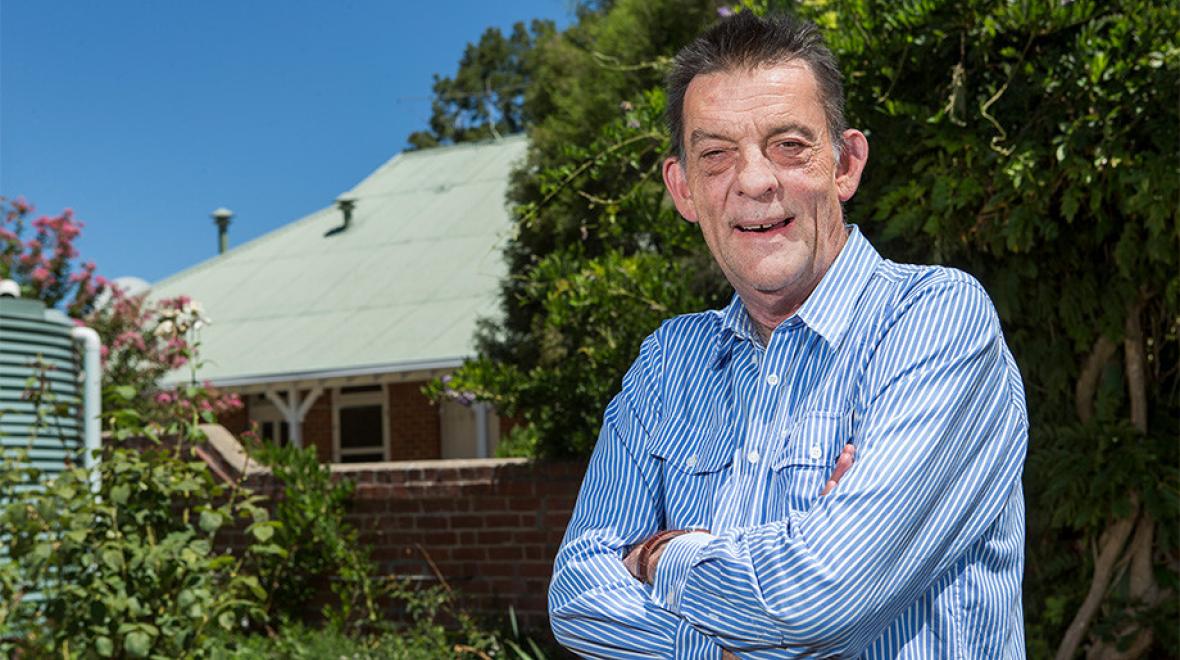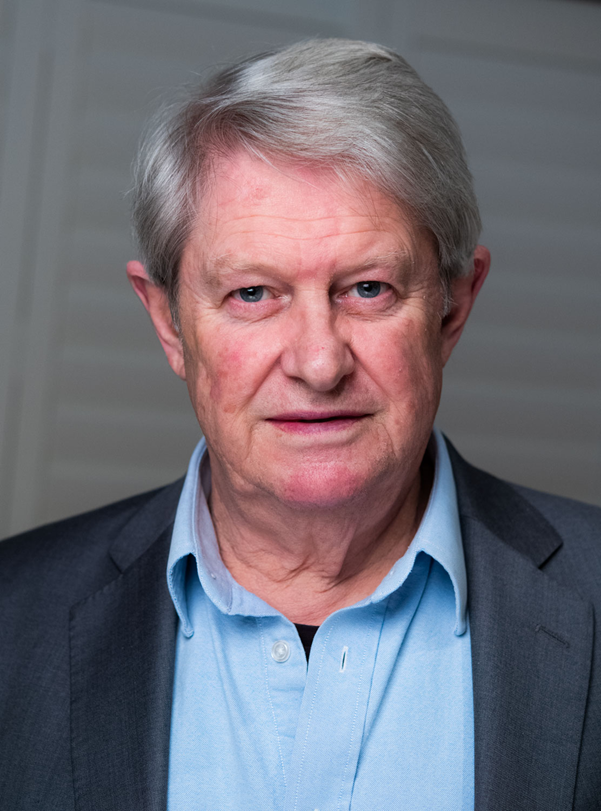Monday 26 August, 11am–12.30pm (AEST)
Fred Gruen Seminar Room, Level 1, HW Arndt Building 25A,
Kingsley Place, Acton
Registration is essential to attend. Please register via Eventbrite here.
In this honorary lecture, Professor Bruce Chapman and Professor David Lindenmayer will present their joint work involving the use of revenue-contingent government loans to finance a diverse range of rural investments, including for projects involving sustainable environmental activities, land restoration, and the protection of threatened species. Their analysis will illustrate that it is feasible and desirable for governments to be involved in a range of propitious agricultural activities, with minimal cost to the public sector.
About John Mitchell

John has spent the past 50 years in the rural industry, 40 of them managing the historic Towong Hill Station in the Upper Murray. After completing an economics degree at the ANU in the late 1970s, John applied his knowledge to develop a working program for his sheep and cattle farm with a focus on agricultural and environmental economics. John is passionate about improving farming and sustainable agriculture, and forestry. He has written a great number of insightful, incisive and innovative missives which formed the basis of his important book Sustainable Farm Finance, written with the help of Professors David Lindenmayer and Bruce Chapman.
John was also able to establish himself as a successful property investor with an impressive real estate and share portfolio, but it has been his reconnection with the ANU over the past 10 years that has given him the greatest satisfaction and enjoyment. His many papers with the Fenner School actively demonstrate his experience gained over a lifetime of rural economic practice.
John’s passion for philanthropy is evidenced by his considerable donations to the Fenner School’s sustainable farms project, an involvement which has given him great pleasure in return. John’s generous legacy is set to endure in the form of the CBE John Mitchell Economics of Poverty Laboratory and the financing of the John Mitchell Inequality Fellow, facilitating the inspiration of generations of economists for years to come.
Professor Bruce Chapman

Bruce is an Emeritus Professor of economics and has been employed at the ANU Research School of Economics since 1984. He has considerable experience in public policy, including: the motivation and design of the Higher Education Contribution Scheme (the first national income contingent student loan scheme in 1989); helping initiate the Working Nation program in 1994; as a senior economic advisor to Prime Minister Paul Keating, 1994–96; and as a higher education financing consultant to the World Bank and the governments of around 20 countries. He has written extensively on a range of issues including higher-education financing, long-term unemployment, marital separation, the economics of cricket, domestic violence, and government as risk manager. He was conferred with the Economics Society of Australia Distinguished Economists award in 2015, and the Order of Australia for contributions to economic policy in in 2020. His work with Professor David Lindenmayer examines the use of contingent debt in the financing of ecological environmentally sustainable investments.
Read more about Bruce here.
Professor David Lindenmayer
David is a Distinguished Professor at the Fenner School, and a world-leading expert in forest and woodland ecology, resource management, conservation science, and biodiversity conservation. He has maintained some of the largest, long-term research programs in Australia, with some exceeding 42 years in duration. He is among the world's most productive and most highly-cited scientists, particularly in forest ecology and conservation biology, and has published more than 1475 scientific articles including 945 peer-reviewed papers in international scientific journals. He has also published 49 books, including many award-winning textbooks and other seminal books. David held a prestigious Australian Research Council Laureate Fellowship from 2013–2018, where he worked on biodiversity metrics and indicators. He was appointed an Officer of the Order of Australia (AO) in 2014, and his research has been recognised through numerous awards.
Read more about David here.
